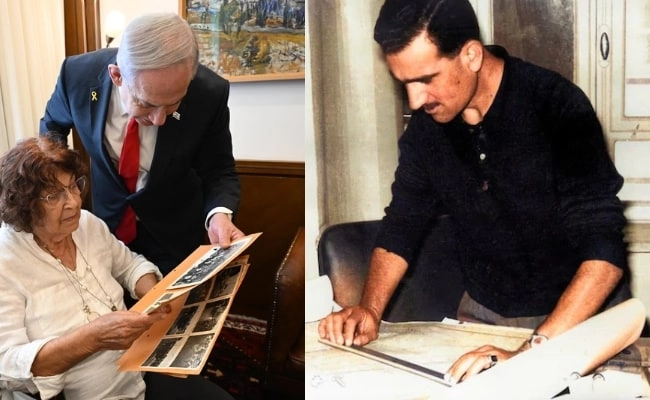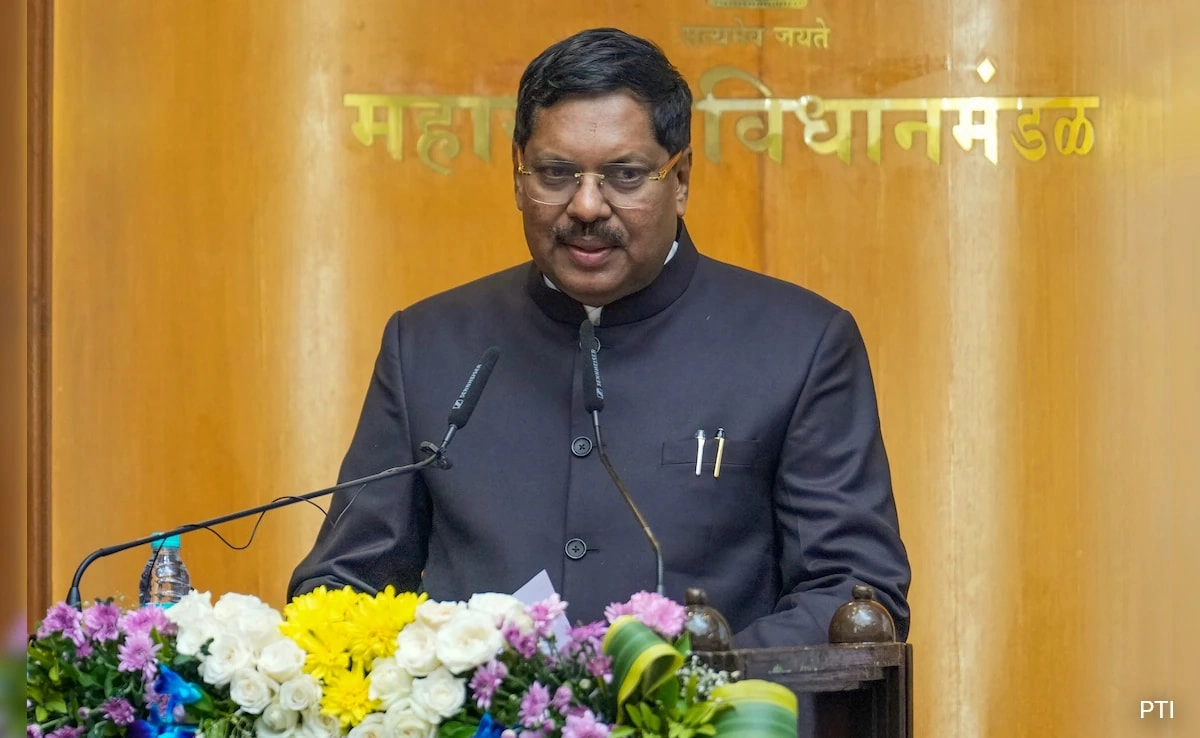In a shocking incident that has sent shockwaves through the political landscape, a U.S. lawmaker was set on fire outside their office by an assailant armed with 20 liters of petrol. This brazen act of violence underscores the increasing risks faced by public officials and raises serious questions about security measures and the broader implications for political discourse in the country. The attack occurred in broad daylight, highlighting the audacity of the perpetrator and the potential for similar incidents to occur as tensions rise over various political issues.
Eyewitness accounts describe the harrowing scene as flames engulfed the lawmaker, prompting immediate reactions from bystanders and law enforcement. Emergency responders rushed to the scene, battling to extinguish the fire while providing urgent medical assistance. The lawmaker was subsequently transported to a local hospital, where they are being treated for severe burns and injuries. This incident not only endangers the life of the individual targeted but also threatens to instill fear among other public officials and disrupt the functioning of democracy.
As investigations unfold, authorities are working to uncover the motive behind the attack and the identity of the assailant. This violent act raises alarm bells about the safety of elected officials, who often face hostility and threats in an increasingly polarized political environment. The use of such extreme measures against a public figure reflects a dangerous trend that could have chilling effects on political engagement and public service. Lawmakers and security experts are now calling for a reassessment of security protocols to better protect individuals who serve in positions of power.
The incident has sparked widespread condemnation from across the political spectrum, with leaders emphasizing that violence has no place in a democratic society. Many are urging for a united front against such acts, stressing the importance of upholding civil discourse and protecting the integrity of democratic institutions. As the nation grapples with this alarming event, it serves as a stark reminder of the vulnerabilities faced by those in public service and the urgent need for collective action to ensure their safety. The implications of this attack could resonate far beyond the immediate circumstances, potentially influencing the way political figures engage with their constituents and the public at large.




